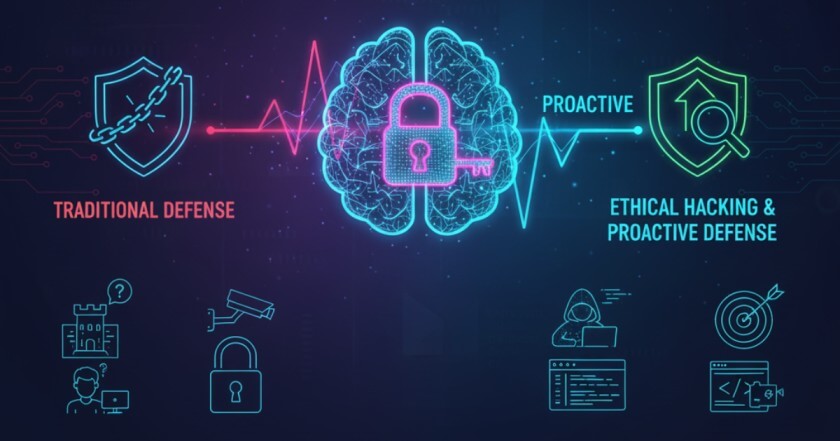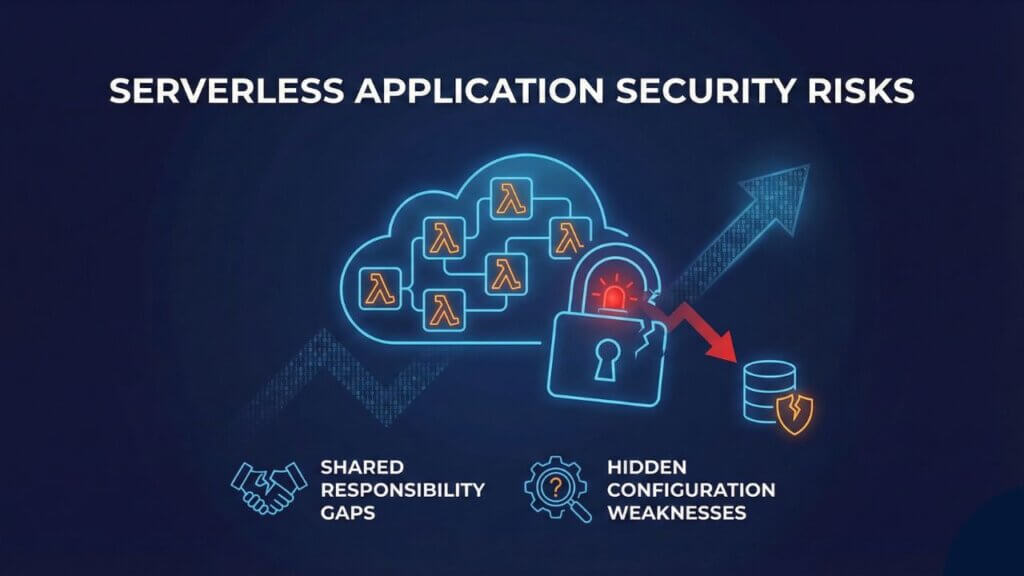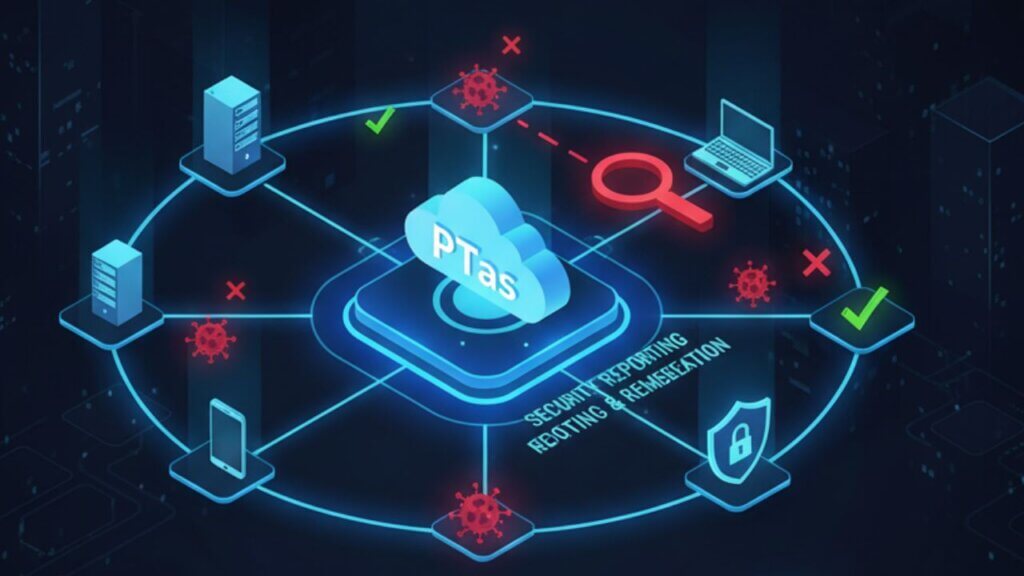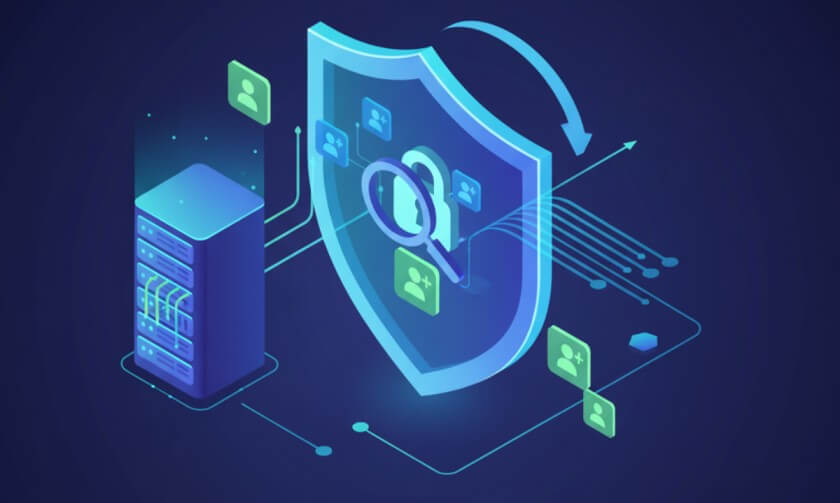Cyber threats lurk around every corner, from sneaky phishing emails to sophisticated ransomware attacks. Organizations pour resources into firewalls and antivirus software, but often overlook the human element in security. Ethical hacking training flips the script by teaching teams to think like attackers. This approach uncovers hidden weaknesses before real hackers strike. As breaches become more common, investing in such training builds a resilient internal cybersecurity posture.
Professionals trained in ethical hacking simulate real-world attacks in a controlled way. They probe systems for vulnerabilities, much like a burglar testing locks. This hands-on method goes beyond theory, delivering practical insights that traditional security measures miss. Companies that embrace this training see fewer incidents and faster recoveries when issues arise.
Table of Contents
What Ethical Hacking Brings to Internal Security
Ethical hacking involves authorized attempts to breach systems, revealing flaws that could lead to data leaks or downtime. Unlike malicious hacking, it’s done with permission and aims to strengthen defenses. Training programs teach techniques like penetration testing, where learners mimic hacker tactics to expose risks.
This training shifts focus from reactive fixes to proactive prevention. Teams learn to spot misconfigurations in networks or weak points in applications. By viewing security through an attacker’s lens, professionals gain a deeper understanding of potential entry points, making internal cybersecurity more robust.
Identifying Vulnerabilities Before They Cause Harm
One major benefit of ethical hacking training is early vulnerability detection. Trained individuals run simulated attacks to find gaps in firewalls, software, or user protocols. For example, they might test for SQL injection flaws that could expose databases.
- Network Weaknesses: Training helps uncover open ports or unpatched servers that hackers exploit.
- Application Flaws: Learners identify coding errors that lead to unauthorized access.
- Human Factors: Simulations reveal how social engineering tricks employees into mistakes.
Addressing these issues preemptively reduces breach risks, saving organizations from costly data losses or regulatory fines.
Boosting Team Skills and Confidence
Ethical hacking training sharpens technical skills across the board. Participants learn tools like Nmap for scanning or Metasploit for exploiting vulnerabilities. This knowledge empowers IT teams to conduct regular internal audits without relying on external consultants.
Beyond tools, training builds confidence. When staff knows how attackers operate, they respond calmly to threats. It also encourages collaboration, as teams share findings from mock attacks. Over time, this creates a skilled workforce capable of handling complex security challenges.
Enhancing Incident Response Capabilities
Quick response is key during a cyber incident. Ethical hacking training prepares teams by practicing breach scenarios. Learners simulate intrusions and practice containment strategies, honing their ability to isolate threats and restore systems.
- Timeline Reconstruction: Training teaches how to trace attack paths for faster forensics.
- Containment Techniques: Participants learn to quarantine affected areas without disrupting operations.
- Recovery Planning: Skills include backing up data and patching exploits post-incident.
This preparation minimizes downtime and limits damage, turning potential disasters into manageable events.
Join Our Ethical Hacking Course Today
Promoting a Security-First Culture
Ethical hacking training fosters a mindset where security is everyone’s responsibility. When employees understand hacker tactics, they become more vigilant. Training sessions often include awareness modules on phishing or password hygiene, reducing human errors.
Leaders can integrate these principles into company policies, encouraging regular security drills. This cultural shift leads to fewer insider threats and stronger overall compliance. Teams that prioritize security innovate safer processes, from software development to cloud management.
Achieving Cost-Effective Risk Management
Hiring external ethical hackers can be expensive, but training internal teams cuts costs long-term. In-house experts perform ongoing assessments, avoiding hefty consultant fees. Plus, preventing breaches saves on recovery expenses, legal penalties, and lost revenue.
- Reduced Outsourcing: Internal training enables self-sufficient security audits.
- Lower Breach Costs: Proactive fixes prevent incidents that average millions in damages.
- Better Resource Allocation: Teams focus on high-impact areas, optimizing security budgets.
This approach delivers a high return on investment, making ethical hacking training a smart financial move.
Integrating Ethical Hacking with Emerging Technologies
As AI and cloud systems grow, ethical hacking training adapts to new challenges. Learners explore how to test AI models for biases or vulnerabilities in cloud configurations. This keeps internal cybersecurity ahead of tech advancements, ensuring defenses evolve with the landscape.
Training also covers compliance with standards like GDPR, helping organizations avoid fines. By combining ethical hacking with tech trends, teams build comprehensive security frameworks.
Measuring the Impact of Ethical Hacking Training
Success from ethical hacking training shows in metrics like reduced vulnerabilities or faster response times. Organizations track progress through pre- and post-training audits. Positive outcomes include fewer security alerts and improved employee awareness scores.
Regular refresher courses maintain these gains, as threats constantly change. This ongoing commitment ensures long-term elevation of internal cybersecurity.
Ethical hacking training transforms how organizations approach security, turning potential weaknesses into strengths. For those ready to take the next step, Secure My ORG offers specialized programs tailored to your needs. Visit the Secure My ORG to explore how their ethical hacking training can fortify your internal defenses.
Want to Stay Ahead of Attackers? Read These Next:
Why Businesses Trust SecureMyOrg for Comprehensive Network Security
At SecureMyOrg, we uncover and fix all possible security vulnerabilities of mobile and web, while providing solutions to mitigate risks. We are trusted by renowned companies like Yahoo, Gojek and Rippling, and with 100% client satisfaction, you’re in safe hands!







Some of the things people reach out to us for –
- Building their cybersecurity program from scratch – setting up cloud security using cost-effective tools, SIEM for alert monitoring, building policies for the company
- Vulnerability Assessment and Penetration Testing ( VAPT ) – We have certified professionals, with certifications like OSCP, CREST – CPSA & CRT, CKA and CKS
- DevSecOps consulting
- Red Teaming activity
- Regular security audits, before product release
- Full time security engineers.







